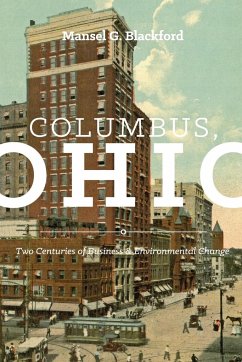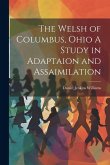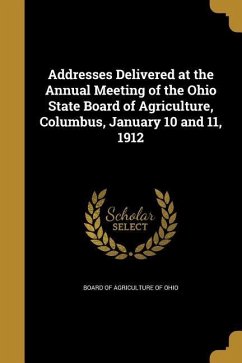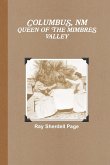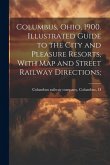Columbus, Ohio: Two Centuries of Business and Environmental Change examines how a major midwestern city developed economically, spatially, and socially, and what the environmental consequences have been, from its founding in 1812 to near the present day. The book analyzes Columbus's evolution from an isolated frontier village to a modern metropolis, one of the few thriving cities in the Midwest. No single factor explains the history of Columbus, but the implementation of certain water-use and land-use policies, and interactions among those policies, reveal much about the success of the city. Precisely because they lived in a midsize, midwestern city, Columbus residents could learn from the earlier experiences of their counterparts in older, larger coastal metropolises, and then go beyond them. Not having large sunk costs in pre-existing water systems, Columbus residents could, for instance, develop new, world-class, state-of-the-art methods for treating water and sewage, steps essential for urban expansion. Columbus, Ohio explores how city residents approached urban challenges-especially economic and environmental ones-and how they solved them. Columbus, Ohio: Two Centuries of Business and Environmental Change concludes that scholars and policy makers need to pay much more attention to environmental issues in the shaping of cities, and that they need to look more closely at what midwestern metropolises accomplished, as opposed to simply examining coastal cities.
Hinweis: Dieser Artikel kann nur an eine deutsche Lieferadresse ausgeliefert werden.
Hinweis: Dieser Artikel kann nur an eine deutsche Lieferadresse ausgeliefert werden.

